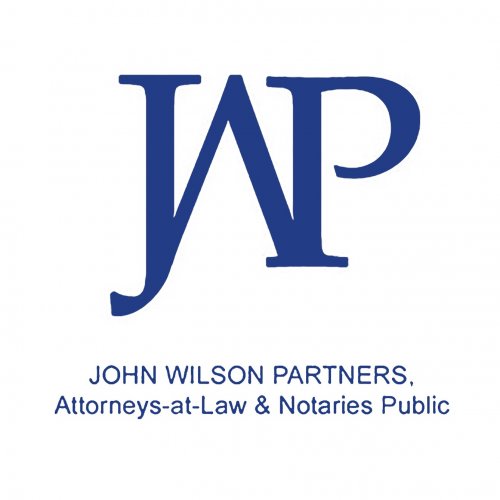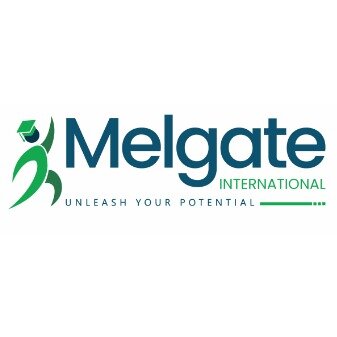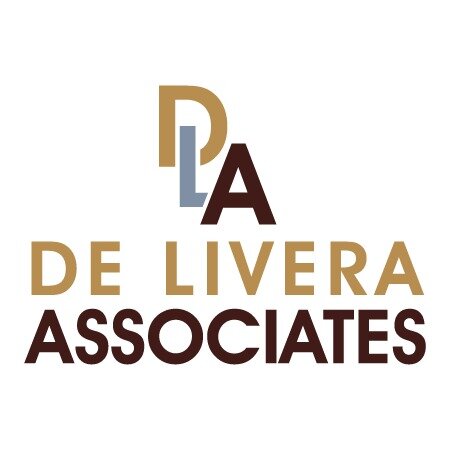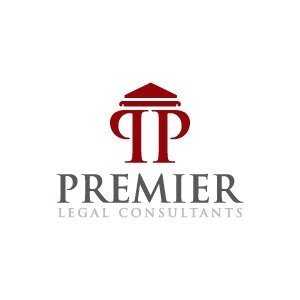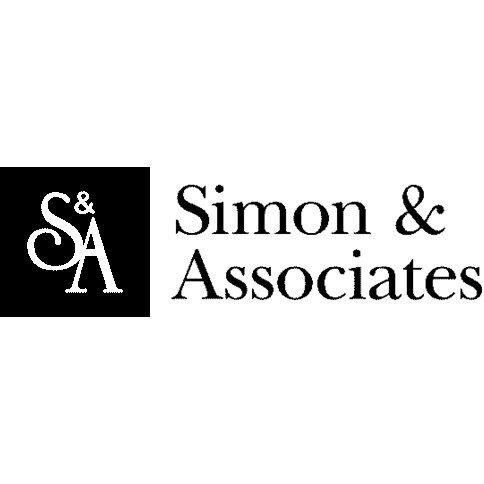Best FDA Law Lawyers in Sri Lanka
Share your needs with us, get contacted by law firms.
Free. Takes 2 min.
Or refine your search by selecting a city:
List of the best lawyers in Sri Lanka
About FDA Law in Sri Lanka
FDA Law in Sri Lanka refers to the legal framework governing the regulation, control, import, export, manufacture, and sale of food, drugs, cosmetics, and medical devices. The term FDA commonly denotes the Food and Drug Act, primarily governed by the Food Act No. 26 of 1980 and the Cosmetics, Devices and Drugs Act No. 27 of 1980 along with their amendments and associated regulations. The aim is to ensure the safety, quality, and efficacy of consumable products intended for human use in the Sri Lankan market.
Why You May Need a Lawyer
There are several scenarios where legal assistance in the field of FDA Law is advisable in Sri Lanka. Common situations include:
- Importing food, drug, cosmetic, or medical device products and obtaining the necessary approvals
- Addressing non-compliance allegations or defending against regulatory enforcement actions by authorities
- Registering a new drug, medical device, or cosmetic with the relevant authorities
- Navigating product recalls, labeling disputes, and advertising approvals
- Representing companies or individuals in cases of alleged adulteration or misbranding
- Advising on licensing, permits, and renewals for manufacturers, importers, or distributors
- Assisting with the investigation of consumer complaints and regulatory audits
Local Laws Overview
The primary legislation governing food, drugs, cosmetics, and medical devices in Sri Lanka is as follows:
- Food Act No. 26 of 1980 regulates the manufacture, importation, sale, and labeling of food items to ensure safety and hygiene.
- Cosmetics, Devices and Drugs Act No. 27 of 1980 governs the registration, licensing, import, export, and quality control of drugs, medical devices, and cosmetics.
- Regulations and Amendments specify detailed requirements for labeling, product standards, prohibited substances, and registration procedures for different product categories.
- Regulatory Authorities such as the Ministry of Health, National Medicines Regulatory Authority (NMRA), and Food Control Administration Unit are responsible for monitoring and enforcement under these laws.
- Strict penalties apply for violations, including product seizure, cancellation of licenses, fines, and even imprisonment in severe cases.
Frequently Asked Questions
What is the role of the Food and Drug Authority in Sri Lanka?
The key agencies are the Food Control Administration Unit and NMRA, responsible for regulating and monitoring food, drugs, cosmetics, and medical devices to ensure public health and consumer safety.
Do I need a license to import food or drugs into Sri Lanka?
Yes, you must obtain the relevant licenses and approvals from the appropriate authorities before importing food, drugs, cosmetics, or medical devices into Sri Lanka.
How does the product registration process work?
Manufacturers and importers must submit applications with supporting documentation, fees, and samples as per the relevant guidelines to the regulatory body. The product will be assessed for safety, quality, and efficacy before registration is granted.
What are the labeling requirements for food and drug products?
Labels must accurately display information such as product name, manufacturer, ingredients, expiry date, storage instructions, and any mandatory warnings as per Sri Lankan regulations.
Can I advertise my food, drug, or cosmetic product freely?
Advertising of such products is strictly regulated. Claims must be truthful and approved by authorities, especially for medical, nutritional, or therapeutic claims.
What happens if my product is found to be non-compliant?
Non-compliant products risk being seized, recalled, or banned from sale. The responsible party may face legal action, fines, and possible imprisonment.
How are product recalls managed in Sri Lanka?
Product recalls are typically coordinated by regulatory bodies, and affected businesses are required to cooperate fully, notify consumers, and remove products from the market promptly to minimize public health risks.
What should I do if I receive a notice from a regulatory authority?
Contact a lawyer experienced in FDA Law to review the notice, understand your obligations, and formulate an appropriate response or defense.
Are there specific quality standards for imported products?
Yes, imported products must comply with Sri Lankan standards and may be subject to testing or certification before being approved for sale.
Can individuals file complaints about unsafe or non-compliant products?
Yes, consumers and other parties can submit complaints to the Food Control Administration Unit, NMRA, or public health authorities for investigation.
Additional Resources
You can contact or consult the following bodies and organizations for information or guidance relating to FDA Law in Sri Lanka:
- Ministry of Health - Food Control Administration Unit
- National Medicines Regulatory Authority (NMRA)
- Consumer Affairs Authority
- Government Analyst's Department
- Sri Lanka Standards Institution (SLSI)
- Chamber of Commerce and professional legal associations specializing in health and FDA Law
Next Steps
If you require legal assistance in FDA Law in Sri Lanka, here are suggested steps:
- Identify the specific issue or concern related to your product or business
- Gather all relevant documents, licenses, and correspondence with authorities
- Consult a qualified lawyer with expertise in FDA Law and relevant local regulations
- Follow your lawyer's advice regarding compliance, documentation, and any required legal responses
- Stay updated on regulatory changes and maintain ongoing compliance to avoid future legal complications
Legal advice tailored to your specific situation is crucial in FDA Law matters to protect your interests, assure compliance, and minimize risk.
Lawzana helps you find the best lawyers and law firms in Sri Lanka through a curated and pre-screened list of qualified legal professionals. Our platform offers rankings and detailed profiles of attorneys and law firms, allowing you to compare based on practice areas, including FDA Law, experience, and client feedback.
Each profile includes a description of the firm's areas of practice, client reviews, team members and partners, year of establishment, spoken languages, office locations, contact information, social media presence, and any published articles or resources. Most firms on our platform speak English and are experienced in both local and international legal matters.
Get a quote from top-rated law firms in Sri Lanka — quickly, securely, and without unnecessary hassle.
Disclaimer:
The information provided on this page is for general informational purposes only and does not constitute legal advice. While we strive to ensure the accuracy and relevance of the content, legal information may change over time, and interpretations of the law can vary. You should always consult with a qualified legal professional for advice specific to your situation.
We disclaim all liability for actions taken or not taken based on the content of this page. If you believe any information is incorrect or outdated, please contact us, and we will review and update it where appropriate.
Browse fda law law firms by city in Sri Lanka
Refine your search by selecting a city.



